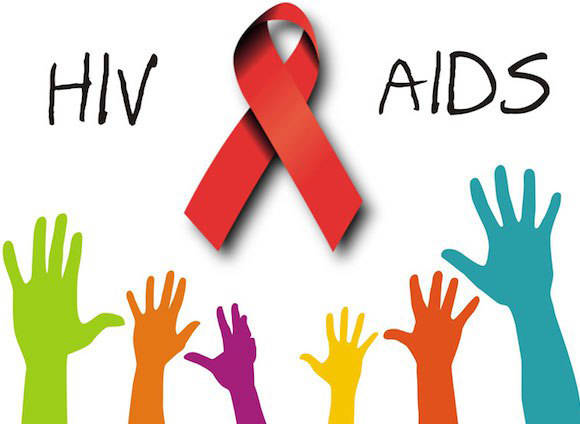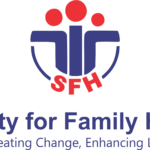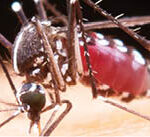The 3.1 million-strong community of people living with HIV/AIDS has called on the government to commit more support for their welfare as donor funding for HIV services continue to dwindle.
The new leadership of Network of People Living With HIV/AIDS (NEPWHAN) has listed on priorities a “four-year strategic plan” to guide its operations in line with the agendas of its partners, including donor agencies.
“It is the government we need most now,” said Abdulkadir Ibrahim, the new national coordinator of NEPWHAN, after accepting handover notes as he assumed office on Wednesday in Abuja.
“Even Global Fund [which funds programmes for AIDS, tuberculosis and malaria in many developing African countries] is cutting costs because of the failure of the government to pay counterpart funds.
“We cannot continue to solely depend on donor funding. It is not sustainable.”
NEPWHAN which represents the 3.1 million Nigerians living with AIDS continuously campaigns to end stigma against persons affected, improve access to treatment, ensure more people know their status, get on treatment and stay on treatment to keep their viral load down.
Ibrahim said the network’s success was not in existing as a name but in “how much we deliver for those who need us most, and I am referring to people living and affected by HIV.”
Counting the success in AIDS management globally, efforts against HIV face a new risk–“the risk of complacency,” said Victor Omoshehin, immediate national coordinator of NEPWHAN, who’s handed over leadership to Ibrahim.
“As people with HIV live longer, AIDS is a topic that has drifted from the headlines. And with that drift of attention, we risk a real drift of funding and of action to beat the virus, to end stigma and discrimination and to eliminate AIDS in our country,” said Omoshehin.
“We cannot lose a sense of urgency, because despite all the programmes we have, HIV remains among the most pressing and urgent of global and national challenges.
“HIV remains the number one cause of death amongst adolescents in sub-Saharan Africa. In Nigeria, infection rates are still rising among key affected populations despite the availability of instant testing and access to treatment. So, it is time for a new generation of leaders to step forward,” he said.

 Join Daily Trust WhatsApp Community For Quick Access To News and Happenings Around You.
Join Daily Trust WhatsApp Community For Quick Access To News and Happenings Around You.


